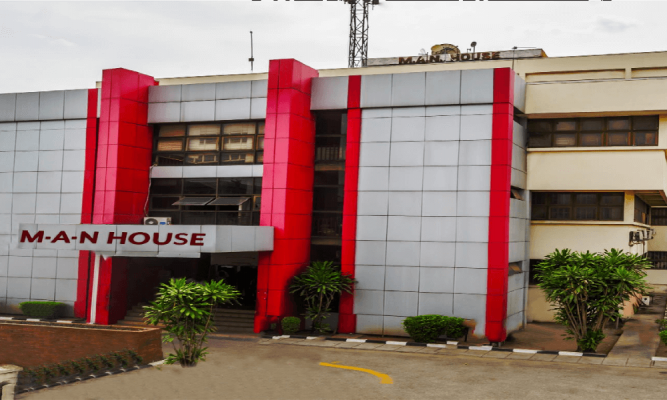The Manufacturers Association of Nigeria (MAN) has raised alarm over the worsening foreign exchange (FX) crisis, revealing that 49 percent of its members are unable to access foreign exchange through official channels.
In its latest Manufacturing Sector Outlook Report, MAN stated that the situation is severely affecting production, importation of raw materials, and overall business sustainability. The association warned that unless urgent measures are taken, the industrial sector could face deeper contraction in the coming months.
According to MAN, the persistent scarcity of foreign exchange has forced many manufacturers to rely on the parallel market, where rates are significantly higher, thereby increasing production costs and eroding competitiveness.
“About 49 percent of manufacturers reported that they could not access FX through the official window in the last quarter,” the report read. “This continues to undermine the growth and resilience of the manufacturing sector.”
The association’s Director-General, Segun Ajayi-Kadir, emphasized that the FX challenge, coupled with rising energy costs and inflation, is pushing many local manufacturers to the brink of collapse.
“The manufacturing environment remains very fragile,” Ajayi-Kadir said. “We need deliberate policies from the government to improve liquidity in the official FX market and ensure fair access to manufacturers who drive the real economy.”
MAN urged the Central Bank of Nigeria (CBN) to prioritize industrial players in FX allocation, noting that the manufacturing sector contributes significantly to employment and GDP growth.
“When manufacturers cannot access FX for essential imports, production slows down, jobs are lost, and the economy suffers,” the DG added.
Industry experts have also linked the worsening FX situation to Nigeria’s dwindling oil revenue, speculative trading, and limited inflow of foreign capital.
Economist Dr. Olumide Adesina told The Nation Watch that “the ripple effect is clear inflation rises, consumer prices spike, and Nigeria becomes less attractive for manufacturing investment.”
Despite ongoing reforms by the CBN aimed at unifying the exchange rate and stabilizing the naira, analysts say the impact is yet to be felt by real-sector players.
MAN has therefore called for targeted interventions, including improving export incentives, promoting backward integration, and attracting more foreign investment into the productive sectors of the economy.










Leave a Reply